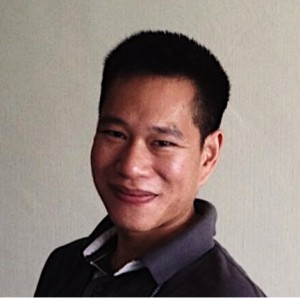Martin is a social scientist and peer research consultant based in Malaysia who brings to ASAP his extensive research work, regional and international consulting experience and high-level contacts in Asia-Pacific HIV networks. As a peer researcher he has developed, analysed and reported peer-led participatory research and conducted research training for HIV-related support providers and positive communities. His current projects include conducting research on negotiating positive living within the United Nations for UN Plus, and studying the psychosocial effects of living longer with HIV in the Asia Pacific for the Asia Pacific Network of People Living with HIV (APN+).
His academic research focuses on the lived experiences of people living with HIV, men who have sex with men, people who use drugs and other key populations. He was running a major social research project with seafarers on the east coast of Malaysia for the Centre of Excellence for Research in AIDS at University of Malaya while undergoing postgraduate training in medical science research in public health. He is currently undertaking a second master’s degree in counselling at the Open University of Malaysia.
Martin is the elected board member to the Global Network of People Living with HIV (GNP+) representing the interests of positive people in the Asia Pacific. He is a member on two 2015 Guidelines Development Groups for the World Health Organization to support the update of Consolidated Operational Guidelines on the use of antiretroviral drugs for treating and preventing HIV infection, and on HIV Testing and Counseling (HTC). Since 2013, he has been part of the Inter-Organizational Task Team on Community Systems Strengthening for the Global Fund. He has been positive for more than 10 years and lives in his home city of Kuala Lumpur.
Extensive research and analytical experience allow him to process complex information into high quality accessible reports. He led the social research component of the ASAP project that created the Robert Carr Civil Society Networks Fund.
The opportunity to underline research at the intersection of strategy, advocacy, and policy helps me think of the world more holistically. There are many interconnecting parts beyond individual behaviour and collective action. It is perhaps through linking these together that we will be able to finally see, and decisively act, on the needlessness of AIDS in the 21st century.


